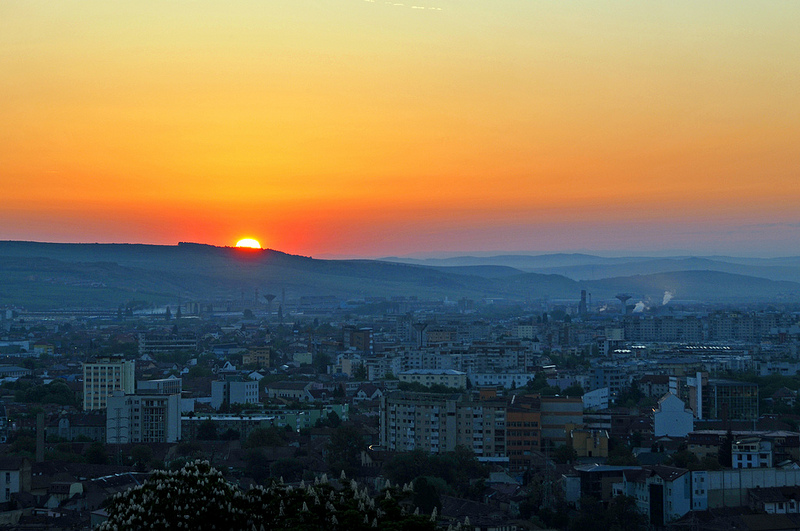Misinformation abounds in France when it comes to Romania, and the Newsroum project, an online initiative that sought to present different perspectives on Romania than have been shown in France’s mainstream media, wanted to do something about it.
Indeed, clichés abound in France about the eastern European country and especially about the Roma community. As previously reported on Global Voices, the Roma community face the stigma of being thieves or not being willing to follow society’s rules in France. To be clear, Romania is not the same as the Roma community, who live throughout Europe, but the confusion is common and the prejudices hurt both the Roma community and the citizens of Romania at large.
Newsroum, a project driven by CELSA (a French journalism school at La Sorbonne in Paris), sought to help French people know Romania better. For 11 days until May 30, 22 journalism students researched the country in order to understand the nation better against the backdrop of the European elections.
The project presented four main themes that contained multimedia content and long-form articles: everyday lives of Romanian citizens, the country’s economy, the land and its borders, and Romanian cultural treasures and ideas. The 22 students were all based in the capital Bucarest and traveled Romania from east to west for their research. Here are highlights of their findings.
Crossing into Tiraspol, capital of Transnistria, Sophie Gautier looked into the underlying separation between citizens of Romanian descents and other communities. Back in Baia Mare,Romania, Gautier looked into the complex relationship of the city with its Roma community:
When it comes to their views on life in this region, the Roma community is divided. In Craica, some of them would not leave their camps for anything in the world because it is the symbol of their freedom. In the social housing of Horea, some families have a different take and their main goal is to save enough money to go to France.
Other students wanted to understand the role of the all mighty and ever-present Romanian Orthodox Church. Clémence Leleu reported:
The church here has a say on the issue of education. In 2006, it was able to remove the theory of evolution from biology textbooks. Its sphere of influence extends to politics as well.
Other students researched corruption within Romania’s media and other issues that Romania’s civil society combats on a daily basis. For instance, Carole Blanchard reported on the village of Pungesti’s fight against a fracking project in their region:
The environmental consequences of hydraulic fracturing are a major concern for residents. They worry about this method, which consists of injecting high pressure water and chemicals for releasing shale gas.
Gheorghe Munteanu, an 81-year-old resident, added:
I was born here and I will die here. I just want to keep the water clean and the land unsoiled for my children.
To give additional exposure to this project, the students appeared on a few radio broadcasts like RFI Romania and organised some cultural events in France about the Timisoara theater scene or the art design factory in Cluj.
This artcile was written by Annick Lederle, translated by Rakotomalala, and originally posted on GlobalVociesOnline.org.
Tags: Activism, Adult education, Civil society, Research & quality


at 3:55 am
In the same sense, business owners would be wise to give their workers something to unite
under. So unless any business completes the formalities and discover the necessary certifications they could’t start their business.
” The company sees innovation as considered one of its core organizational competencies.
my weblog :: http://www.masszor.eu